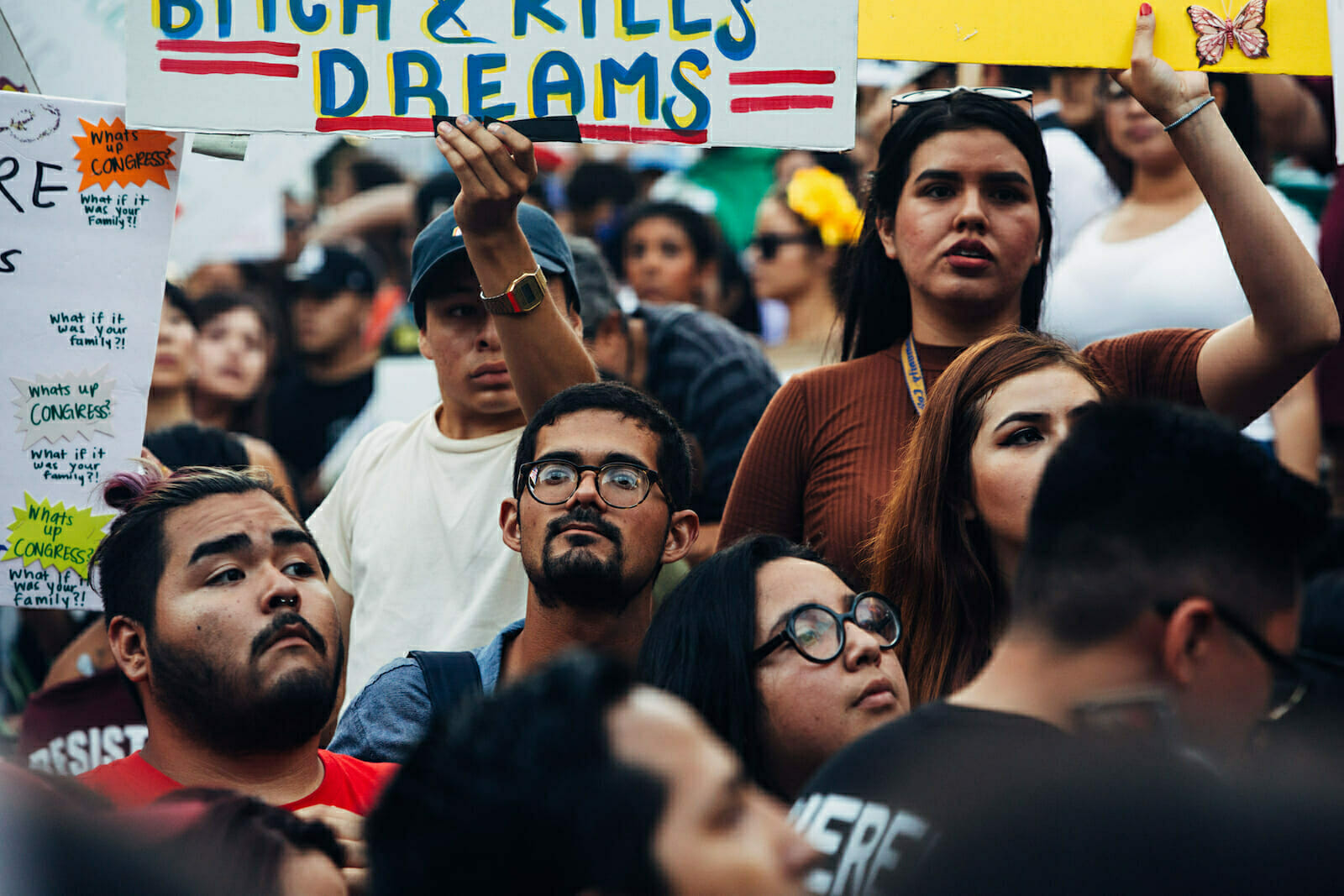
Merit-Based Legal Immigration is Reform We Can All Get Behind
President Trump promised to pursue merit-based immigration reform. Unfortunately, it didn’t happen.
Earlier this month, the State Department finished taking applications for what’s called the “Diversity Visa Lottery” as required by law, a program through which every year 50,000 immigrants are randomly selected from all over the world. The lottery is likely to stick around since Donald Trump’s successor, President-elect Joe Biden, has pledged to maintain it. But keeping the lottery as currently designed isn’t in the best interest of Americans or legal immigrants. Biden could fix this by pursuing merit-based reforms.
To qualify for the Diversity Visa Lottery, applicants must be from an “underrepresented” country and they must have at least a high school diploma or two years of work experience. The lottery also sets a cap on visas per region. After the visas are randomly assigned, prospective applicants go through background checks and an interview before they are approved.
Those who immigrate under the Diversity Visa Lottery program are not more of a national security threat than any other legal immigrant nor are they a negative drag on the U.S. economy. In fact, studies have shown that birthplace diversity results in greater economic output after controlling for educational, cultural, and linguistic differences.
Immigrant diversity is a part of what makes America what it is today. It’s why you can find amazing Ethiopian restaurants in Indianapolis or Thai food in Lexington. That, however, doesn’t justify randomly selecting people based on their country of origin. This selection process doesn’t maximize the economic benefits of immigration and it diminishes the idea that America treats everyone equally under the law.
A sensible proposal that a future Biden administration should consider is to turn the Diversity Visa Lottery into a merit-based program. Such a system would assign points to applicants based on their education, job experience, English-speaking ability, and age. It would be similar to the very successful merit-based immigration programs that Canada and Australia currently use.
Another way to turn the lottery into a system that leads to more economic benefits for Americans is to redirect the 50,000 green cards available in the Diversity Visa Lottery into the already-existing employment-based green card system.
Over 100,000 immigrants have been approved for the so-called “genius” visa (EB-1) but have yet to receive their green cards. After all, the United States only grants about 40,000 of these per year. Another 600,000 plus immigrants are approved but have yet to receive their EB-2 visa—which is the green card for those with advanced degrees and exceptional ability. None of these qualified and vetted immigrants should be turned down because of arbitrary numerical caps. Most of these people will wait for years (and some even decades) as the backlog continues to grow before they obtain their already-approved green card.
Using government projections on visa backlogs, I show that shifting the 50,000 diversity green cards to clear the employment-based backlog would end the backlog of the “genius” visas within four years, and it would significantly cut the backlog growth of the exceptional abilities visas.
Doing this would mean giving permanent status to engineers, physicians, scientists, programmers, world-renowned researchers, and many other highly-skilled immigrants and their children—instead of giving away 50,000 tickets to America randomly around the world. These immigrants are the most productive of all; their presence in America is proven to lead to more innovation, jobs, and income for all Americans. Why aren’t we doing this already?
In the past, the most vociferous opposition to replacing the Diversity Visa Lottery program came from the Congressional Black Caucus since the largest number of diversity-visa immigrants are African. But this view misses the long-term picture. Nigeria was recently excluded from the Diversity Visa Lottery for having sent already “too many” immigrants to America and more African countries will likely be excluded in the future as they grow in population and prosperity. As African countries become increasingly educated, they too will use the employment-based immigration system. So, then, not only will America admit many Africans, but it will do so based on merit rather than random selection. That’s what America is all about.
Americans don’t judge each other based on where they come from but based on their achievements and character. By making sure the immigration system admits immigrants based on their abilities and not their country of birth, we can move closer to America’s ideal and benefit all Americans in the process.
